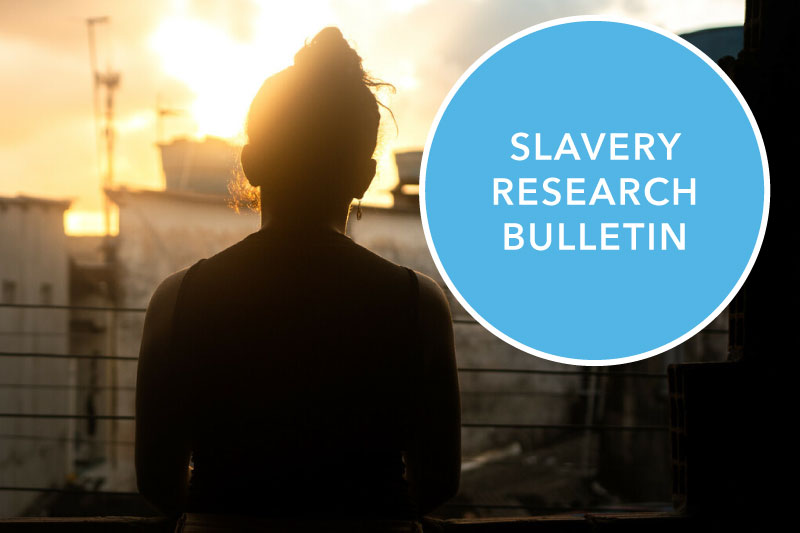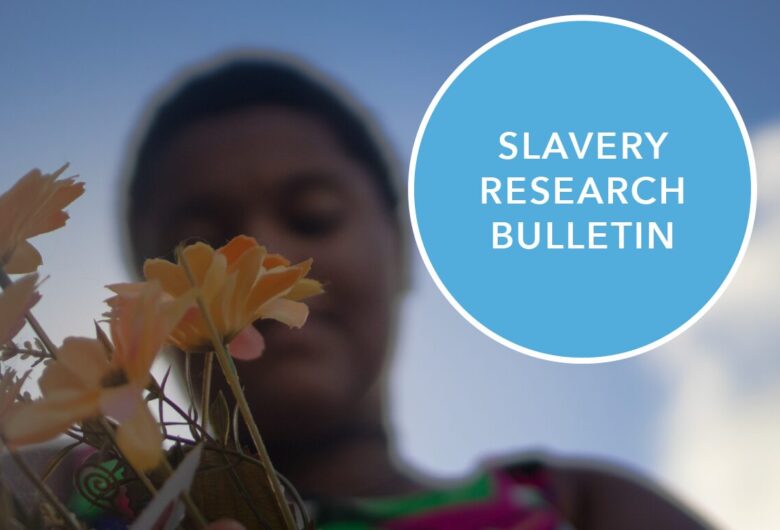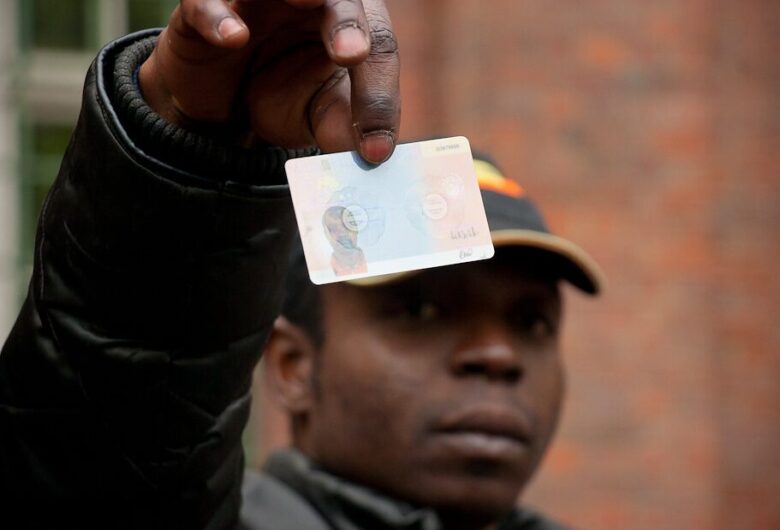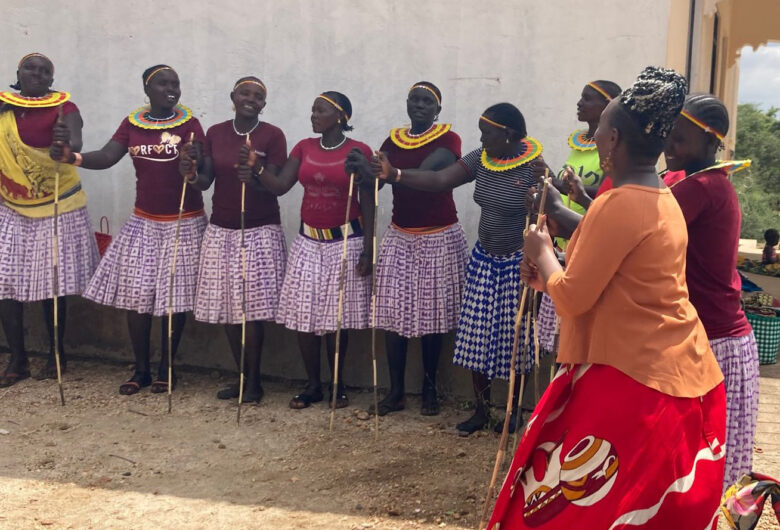Welcome to the Freedom Fund’s monthly bulletin designed to bring you new and compelling research from the global anti-slavery movement.
The role of informal recruiters in sending Ethiopian women to the Middle East
A study by the London School of Hygiene and Tropical Medicine explores the roles of informal recruiters in placing Ethiopian women into domestic work in the Middle East. Drawing on interviews with 28 informal facilitators, it reveals the long “chains” of actors involved in sending women abroad – including both registered and unregistered agents, people who were motivated by profit and others not. The authors challenge the common view that all informal recruiters are malicious, suggesting constructive engagement with them to guide migrants towards registered agencies and safe employment.
Ongoing challenges in tackling illegal, unreported and unregulated (IUU) fishing
The Global Initiative against Transnational Organized Crime releases its latest index, assessing the vulnerability, prevalence, and response to IUU fishing in 152 coastal states. The index names China, Russia, Yemen, India, Iran, Indonesia, Taiwan, Comoros, South Korea and Ukraine as the worst-performing countries for 2023. Asia remains the region with the highest risk, unchanged from the previous 2021 index, and the West Indian Ocean was the ocean basin of most concern. The report highlights the particular vulnerabilities faced by developing economies and calls for stronger international support to bolster their efforts against IUU fishing.
The rise of trafficking into scam centres in Southeast Asia
ODI and ASEAN-ACT investigate human trafficking in scam centres across Southeast Asia. Drawing on evidence from eight countries, the report discusses the operations of scam centres in areas with weak law enforcement and how ties between governing authorities and criminal actors present challenges to counter-trafficking efforts. The study advocates for international cooperation, particularly with China, given the role of Chinese organised crime syndicates in these scam centres. It also emphasises the need for stronger labour protections in special economic zones, cooperation with social media providers, and survivor assistance to deter mistreatment.
Research priorities for preventing and responding to child marriage in the Arab region
A paper by the Women’s Refugee Commission and King’s College London presents a set of research priorities to address child marriage in the Arab region. The process engaged 73 specialists in the region through a three-phase online Delphi consultation to establish consensus, resulting in 23 themes that received broad support. Priorities include studies on social norms that drive child marriage, the role of men and boys in prevention efforts, and the impact on girls who are divorced or widowed. There was strong interest in evaluating the effectiveness of advocacy efforts as well as media campaigns in combatting child marriage.
Suggestions to improve ILO’s measure of state-imposed forced labour
The Victims of Communism Memorial Foundation examines the International Labour Organization’s (ILO) 2012 Survey Guidelines for measuring the state-imposed forced labour, in light of recorded violations in Xinjiang, Uzbekistan, Turkmenistan and Tajikistan. The study contends that the ILO’s Guideline and its 11 indicators of state-imposed forced labour are primarily designed to capture economically-motivated forms of exploitation. However, the indicators require significant adaptations to account for politically-motivated state-imposed forced labour, such as the presence of employment policy targeting certain population groups, as well as coercion and surveillance at the labour recruitment and transport stage, rather than during the period of work.
Read on
The Human Trafficking Legal Center analyses the trends and impact of civil trafficking cases filed over the last 19 years, under the US Trafficking Victims Protection Reauthorization Act.
The Shahjalal University of Science and Technology studies the labour conditions and social experiences of Bangladeshi female domestic workers in Saudi Arabia.
Research led by the University of Surrey assesses the risks of modern slavery in the UK’s tourism and hospitality industries, which have the highest concentration of migrant workers.
Freedom Fund news
Freedom Rising supports and connects leaders on the frontline of modern slavery. Meet four of the leaders in Brazil and learn about their journeys and hopes for the future.
Visit our Newsroom for more updates.
Research library
Visit our Slavery Research Library to access anti-slavery resources from across the globe.
Contact
The Slavery Research Bulletin is produced monthly by the Freedom Fund, a global fund with the sole aim of helping end modern slavery.
Research being featured in this bulletin does not equal endorsement by the Freedom Fund.
Click here to sign up to the Slavery Research Bulletin mailing list.
Photo credit: Natália Corrêa/Walk Free



